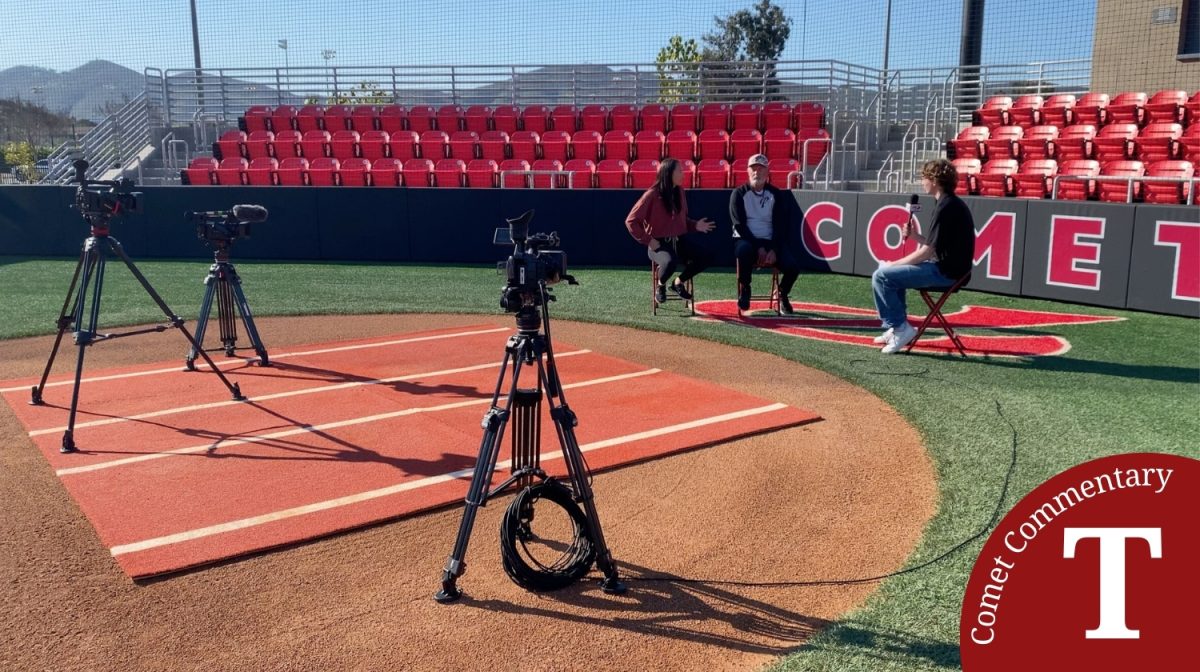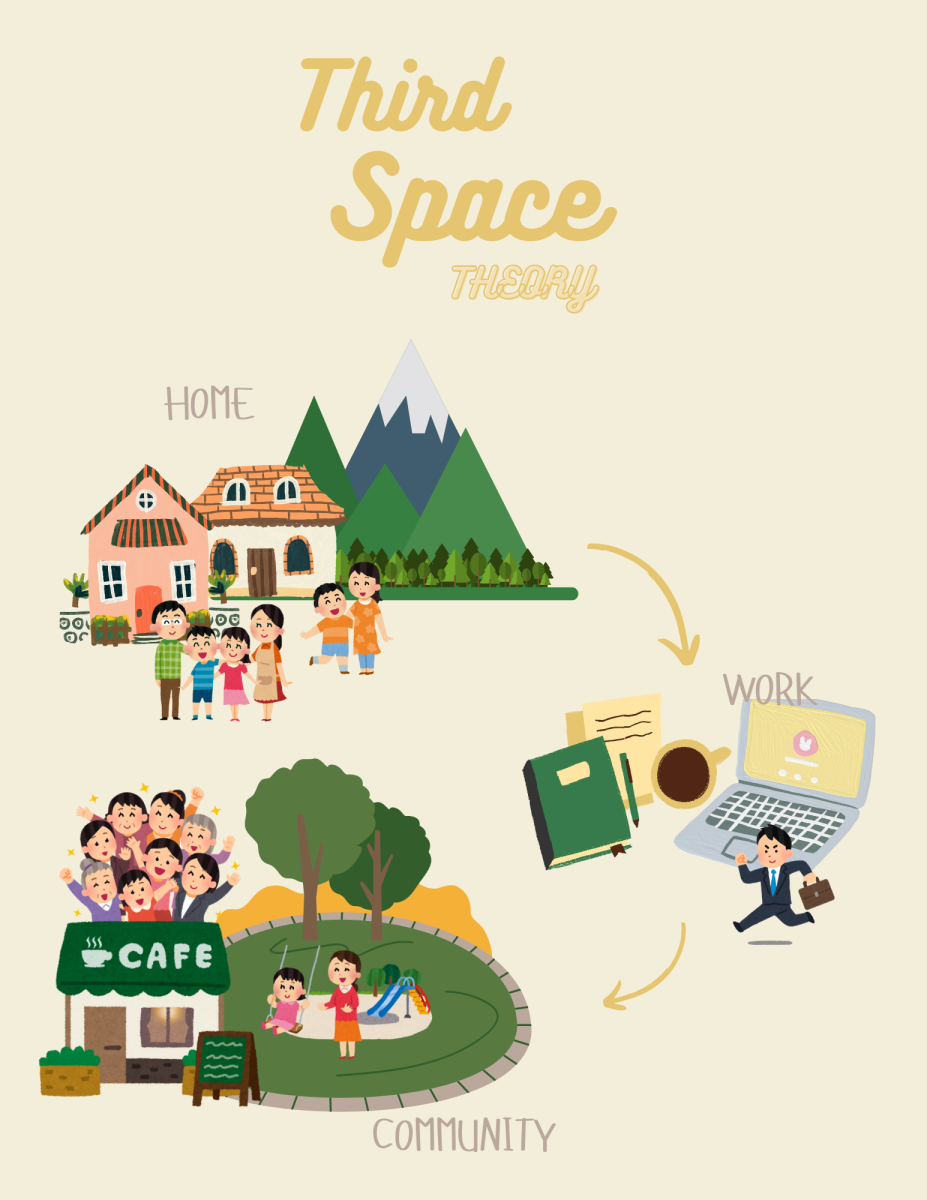Twitter’s censorship crackdown has strengthened the site’s authoritative influence over user-produced media and has left the site with an unhealthy political bias.
Censorship on the platform may seem fair because Twitter is a private company and users don’t pay for their accounts, however this contradicts the site’s long standing reputation as a platform involved in wholesome discourse. Instead, the site has become a virtual safe zone where political ideologies, mainly those from the right, are censored to avoid offending users with a contrarian view.
Recently, Milo Yiannopoulos, editor of Breitbart Tech, and an infamous rallying voice for right-wing trolls, had his Twitter account de-verified. By doing this Twitter stripped Yiannopoulos’s account of the blue check that verifies the account as actually being his. Yiannopoulos was made aware of the change via email, but was not enlightened to which rule he broke. This is a reoccurring problem with Twitter’s mysterious censoring machine.
Yiannopoulos claimed, in an email exchange with Kristen V. Brown, a reporter with Fusion, that Twitter acted solely on behalf of its personal political preferences.
““Effectively they have privileged progressive opinions over mine and reduced my power and influence in the marketplace. That’s a real thing and they’ve done it on a whim, for political reasons, while refusing to explain why.”
Twitter also recently added an updated policy, which will be censoring “hateful conduct” that pertains to attacks or threats involving “race, ethnicity, national origin, sexual orientation, gender, gender identity, religious affiliation, age, disability, or disease.”
Let it be known that attacks and threats are clear “Terms Of Service” (TOS) violations and should be investigated by law enforcement, who already adhere to similar laws that prohibit blatant incitements of violence. However, the TOS rules should not be deviously stretched to silence political outliers, especially when the motives exist in a realm of virtual secrecy.
To add to notion of Twitter’s underhanded political favoritism, many free speech advocates have pointed out the platforms involvement with controversial, independent censoring companies. Fortunately, and unlike other platforms, Twitter has been relatively open about the companies it has chosen to work with.
One of these companies is the “Woman, Action, and the Media” an activist group that works with Twitter to report offensive gender, racist and transphobic trolling. This partnership may seem necessary because of the high volume of TOS flagging that Twitter receives; however, giving the moral authority to a group with such a conspicuous political agenda offsets the platforms neutrality. This, in effect, gives certain groups an unjustifiable advantage in a virtual battleground of ideologies that is gaining continual influence over the heart and minds of social media consumers.
Instead, when distasteful trolling takes place on the site, Twitter should allow a healthy debate to take place. This way, users can engage in spirited dialogue and self-monitor content that they deem inappropriate by “naming and shaming,” instead of being sensitized by Twitter and its cronies.
Other censorship campaigns have been done by flash mobs of virtual crusaders, who take advantage of Twitters automatic filtering system, and spam the accounts of their political adversaries. In essence, spamming the posts of harassing and politically incorrect accounts has become an effective form of tormenting the tormentors.
Twitter needs to discover alternative solutions that don’t demonize certain political ideologies, while safeguarding others. Social media users are capable of handling opposing views, so it’s time Twitter treated us all like adults.













